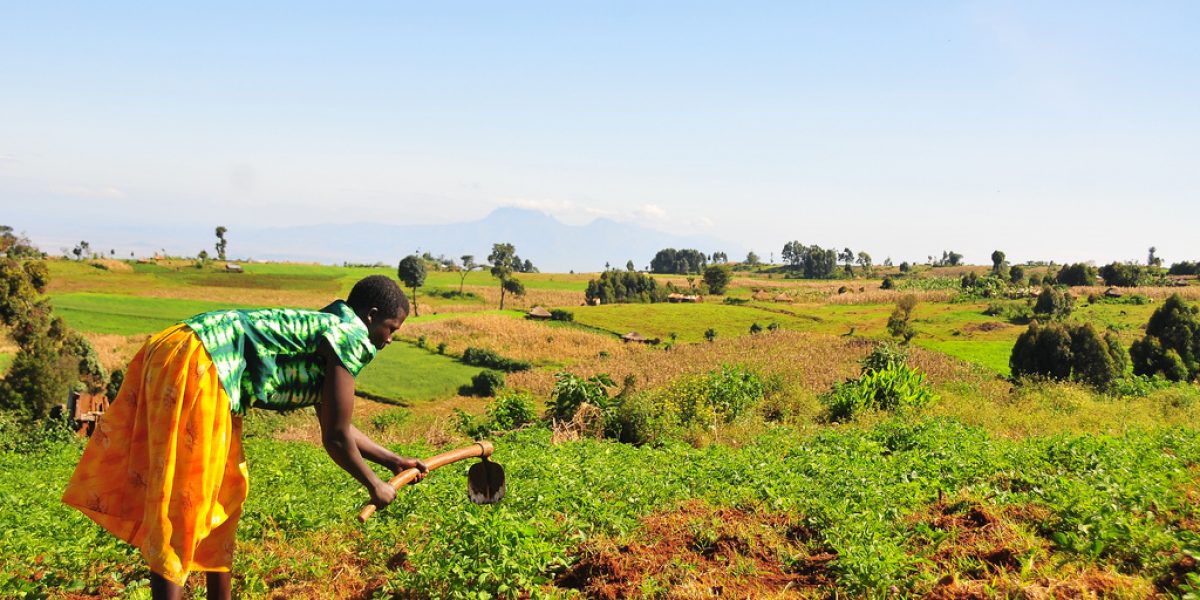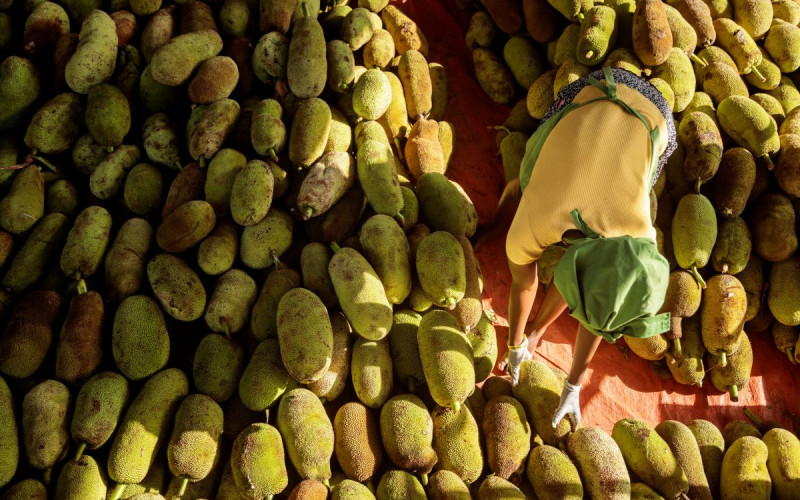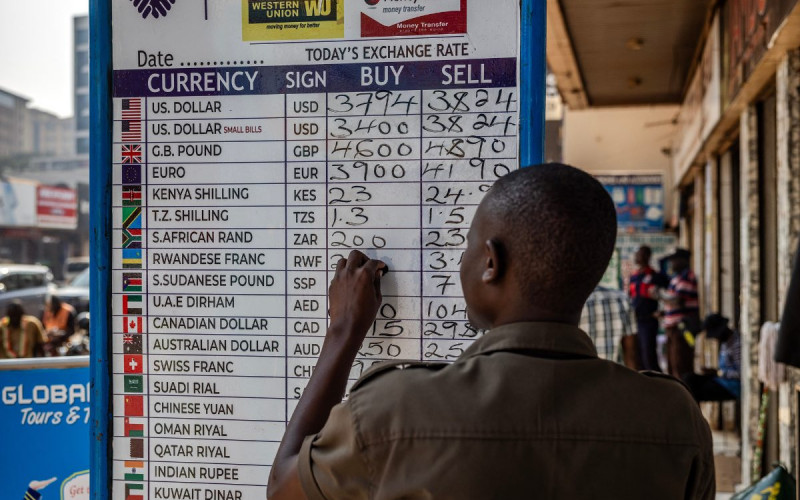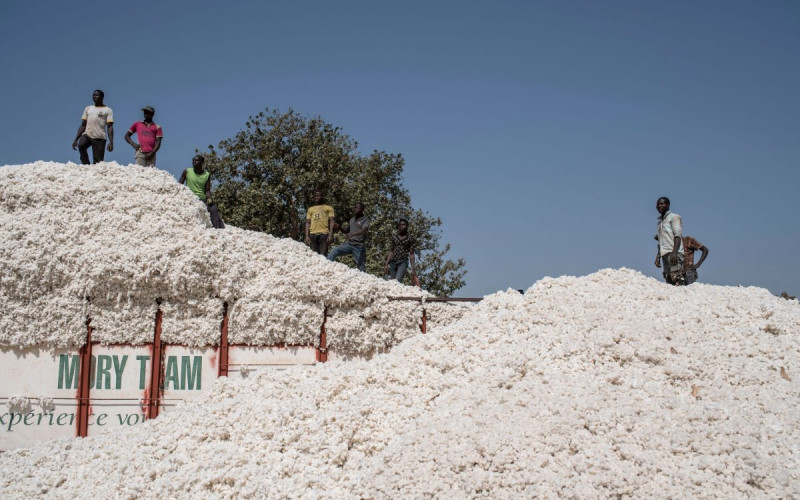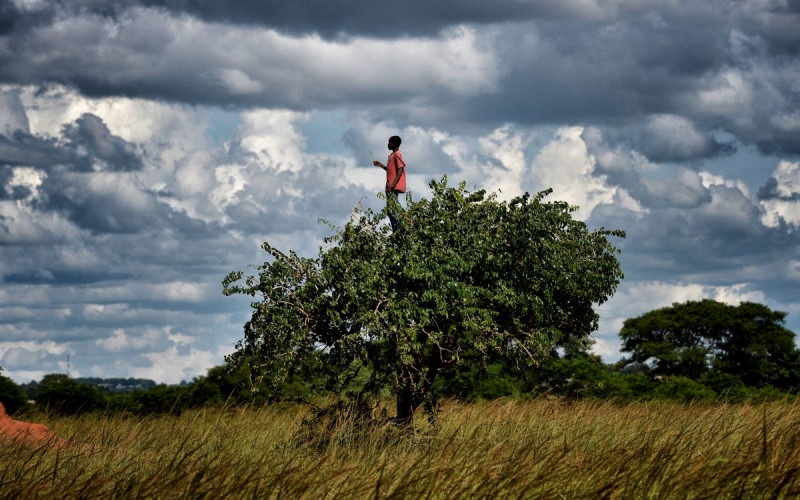Date: Tuesday, 3 May 2011
Time: 9 a.m. to 2 p.m.
Venue: The Cape Sun, Cape Town
While sub-Saharan Africa continues to face enormous challenges in reducing rural poverty, a vision of economic renaissance – with smallholder farmers playing a key role in it – is beginning to take hold on the continent. There is growing belief that Africa can produce enough not only to feed its own citizens but to export an increasing surplus that can make a real contribution to ensuring world food security.
The International Fund for Agricultural Development’s Rural Poverty Report 2011 – New realities, new challenges: new opportunities for tomorrow’s generation provides a clear approach to tackling rural poverty today and supporting this economic renaissance.
The report analyses what poor rural people do, how their livelihoods are changing and which population groups are most likely to be affected by poverty. It underlines the importance of building people’s skills and capabilities to manage risks and to take advantage of opportunities in both agriculture and the non-farm economy. And it suggests policies and actions that governments and development practitioners can take to support the efforts of poor rural people themselves.
According to IFAD’s Rural Poverty Report 2011, rapid urbanisation across the developing world is resulting in expanding domestic markets for food and agricultural products, which are creating new and promising opportunities for smallholder farmers. These changes are also providing them with the incentives to significantly boost their productivity. But helping smallholders get access to these markets – and increase their negotiating power in them – is key. So is providing farmers with the support they need to make their farming systems more productive, more sustainable in their use of natural resources and more resilient to the effects of climatic and other shocks.
To keep the momentum going, IFAD’s Rural Poverty Report 2011 makes clear that it is time to look at rural Africans in a completely new way – not as charity cases but as people whose innovation, dynamism and hard work will bring prosperity to their communities and greater food security to the world in the decades ahead.
RSVP: by 20 April 2011, to Ndumi Nqunqa (SAIIA)
Tel: Tel: 011 339 2021 Ext 117
Email: Nondumiso.Nqunqa@wits.ac.za
Keynote remarks
- Kanayo F. Nwanze, President, International Fund for Agricultural Development (IFAD)
- Special guest to be announced
Presentation of the Rural Poverty Report 2011
- Edward Heinemann, Team Leader Rural Poverty Report 2011, IFAD
Participating panellists:
- Tina Joemat-Pettersson, Minister of Agriculture, Forestry and Fisheries of South Africa
- Pascal-Firmin Ndimira, Professor, Special Advisor to the President of the Republic of Togo
- Akin Adesina, Vice President, Alliance for a Green Revolution in Africa (AGRA)
- Kavita Prakash-Mani, Global Head of Food Security Agenda, Syngenta International
- Mohamed Béavogui, Director West and Central Africa Division, IFAD
Moderator:
- Komla Dumor from BBC Africa Business Report
The Rural Poverty Report 2011 was made possible by the generosity of the Governments of Italy, the Netherlands, Sweden and Switzerland, and the Arab Center for the Studies of Arid Zones and Dry Lands.

